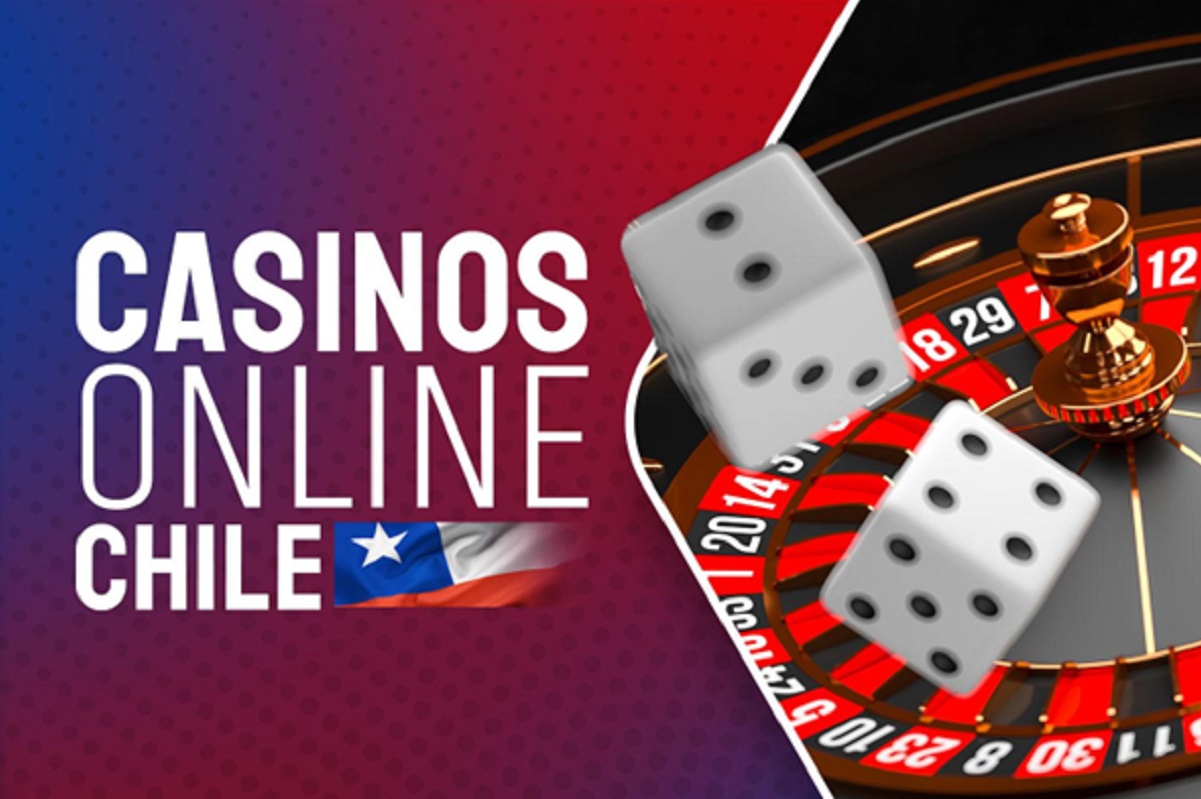
Gambling games have fascinated players over the ages, transforming from basic recreational activities to intricate adventures that integrate luck, strategy, and fun. From the historical origins of gambling in civilizations such as Mesopotamia and Rome to the glitzy corridors of modern casinos, the history of these games uncovers much about our nature and our connection with luck. As cultures have merged and innovation has progressed, casino games have evolved, reflecting shifts in society and developments in gameplay.
The initial iterations of gambling likely featured basic games involving dice and wagering on the results of sports competitions. As time passed, these early games grew into more structured games like playing card games, the roulette wheel, and the multitude slot machines that line the premises of casinos today. Every generation brought its distinct regulations, design elements, and cultural importance. At present, casino games maintain their evolution with the rise of digital gaming platforms, enabling players from everywhere to join in a common experience, further merging the traditional with the modern era.
Initial Roots of Gambling Games
Gaming games have origins that extend back to ancient civilizations, where betting was profoundly embedded in cultural practices and cultural customs. The initial known forms of betting developed in ancient Mesopotamia around 3000 BC, featuring simple dice games made from bone bones. These initial games laid the groundwork for more complex betting activities, showing humans’ innate urge to find wealth and entertainment through luck.
As societies developed, so did their betting pursuits. In ancient China, around two thousand three hundred BC, tiles were discovered that looked like early basic versions of a lottery game game. More organized instances of gambling developed in the ancient Roman Empire, where activities of chance were a popular pastime, often taking place in social events. The Romans developed different wagering games, which included die and board games, illustrating the pervasive nature of gambling across different economic classes.
With the movement of time, these primitive activities shaped the development of contemporary gambling activities. In the medieval period, card games emerged prevalent in Europe, paving the way for the professional gambling establishments we know today. The shift from casual betting to formal gambling in taverns and private houses marked a major shift in how people engaged with games of luck, leading to the eventual creation of gaming houses as specialized places for betting.
The Emergence of Modern Gambling Industry
The final 1960s and 1970s marked a crucial transition in the field of gaming, fueled by tech innovations and shifts in cultural attitudes towards wagering. The emergence of personal computers and the internet revolutionized the way players engaged with their preferred games. Virtual casinos emerged, allowing gamers to enjoy traditional table games like poker and blackjack from the comfort of their homes. This new digital landscape not only broadened availability to casino games but also drew in a younger crowd who found the comfort and diversity tempting.
As digital gambling gained popularity, so did advancements in gaming technology. The advancement of sophisticated software and graphics converted conventional gambling games into captivating experiences. Players could now connect with authentic live dealers through real-time broadcasts, importing the atmosphere of physical casinos directly into their living rooms. This blending of live gaming with digital interfaces created a unique hybrid experience that enhanced the social aspect of playing, allowing it possible for people to connect and challenge with fellow gamers around the planet.
Additionally, the rise of mobile gaming dramatically changed the casino landscape. With the ubiquitous use of smartphones and tablets, gamblers can play their beloved gaming options anywhere, whenever. Mobile apps offer a extensive range of games customized for mobile screens, serving the dynamic daily life of modern users. This accessibility has led to growing participation in gambling, fostering the rapid expansion of the gaming industry. As a result, the prospects of gambling continues to evolve, adapting to technological advancements and changing player expectations.
How Technology Influences Casino Games
Technology’s advancement has greatly changed casino games, enhancing the overall gaming experience for gamblers globally. As the internet emerged, online casinos were created, allowing players to play their preferred games from the safety of their own homes. This shift not only made casino games more accessible but also expanded the variety of games available, as online platforms could offer many different versions of traditional games without the physical constraints of brick-and-mortar establishments.
The rise of mobile technology further revolutionized the casino gaming landscape. With the proliferation, players can to play casino games anytime and anywhere. This mobility has led to the creation of dedicated mobile applications and optimized websites that provide seamless gaming experiences. MM88 Additionally, innovations such as live dealer games have brought the genuine feel of a casino into players’ homes, connecting between physical and online gaming.
Moreover, advancements in AI and virtual reality are leading to the next generation of casino games. MM88 AI improves game design and player interaction, creating tailored experiences based on user behavior and preferences. Meanwhile, virtual reality offers immersive environments where players can interact in a virtual casino environment, making the gaming experience more engaging and lifelike. As technology continues to evolve, the future of casino games seems bright, filled with limitless opportunities for innovation and entertainment.